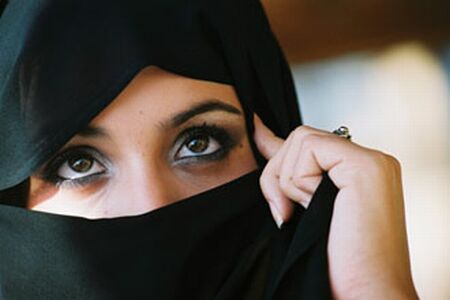MMDA – The Bat In The Belfry: Popular Fallacy Or Collective Delusion

The Muslim Marriage and Divorce Act (MMDA), No. 13 of 1951, has rightfully come under fire lately for being patriarchal, and in relation to certain issues such as child marriage, even reprehensible. The patriarchy is so deeply rooted that no female is entitled to become a Quazi or a Registrar of Marriages. It gets even worse with further issues pertaining to underage marriage and the lack of written consent of/from the bride in a marriage.
Although the pressure for change has mounted only recently, the issue itself is nothing new. Many have claimed that Sri Lanka is caving into pressure applied by the United Nations. However, the issues have been taken up from nearly 50 years ago. It is well documented that one Dr. H.M.Z. Farouque led a committee for reforms in the 1970s, and a committee led by one Dr. Shahabdeen was set up in the 1990s to look into the shortfalls. More recently, the committee led by retired Supreme Court Judge, Justice President’s Counsel (PC) Saleem Marsoof, is on the verge of finalizing and presenting its report on reforms to the MMDA, supposedly on May 21 this year.
This article seeks to deal with Sections 1 to 26 of the MMDA and address some of the issues from a legal standpoint.

The Applicability of the Law
Section 2 of the Act (Section 16 too is linked to this) holds that the provisions of the MMDA apply solely to Muslims living in the country. This provision coupled with the fact that the Marriage Registration Ordinance in its preamble provides an exemption in the case of Muslim marriages, means that all Muslims wishing to enter into marriage are not afforded any choice with regard to the applicability of the law. The application of an Act of such a nature and of such intended purpose cannot be of an involuntary nature in terms of its application.
That said, it is a generally held opinion among certain lawyers who also happen to be Muslims (the authors spoke to Attorney-at-Law Noordeen Mohamed Shaheid) that Muslims marrying fellow Muslims (a marriage between two Muslims) can only do so under the MMDA and must compulsorily be registered under the MMDA. They hold that Muslims marrying non-Muslims however have one alternate albeit unattractive option afforded to them. This is that they can marry under the Marriage Registration Ordinance subject to one condition, the condition being that one has to declare oneself in the eyes of the mosque and the Muslim clergy as an apostate. They claim that marrying under any other law is not permitted unless such a person openly declares himself/herself to be apostate. According to them, in the event a fellow citizen objects to an attempt by a Muslim to marry a non-Muslim under the said Ordinance, the Muslim in question has no other option other than to marry under the MMDA. However, a certain other section of the legal community who also happen to be Muslims (the authors spoke to M.U.M. Ali Sabry PC) opine that a Muslim has a choice with regard to the applicability of the law in that s/he can choose to marry a Muslim or a non-Muslim under the MMDA or the Ordinance and therefore that the marrying under the Muslim personal law is only optional. Can two Muslims marry under the Ordinance?
How it applies voluntarily the authors cannot comprehend, as the language used in both enactments is fairly clear in that the marriages of and contracted among Muslims are regulated by the MMDA. Perhaps it is possible that the courtrooms have interpreted the law differently.
